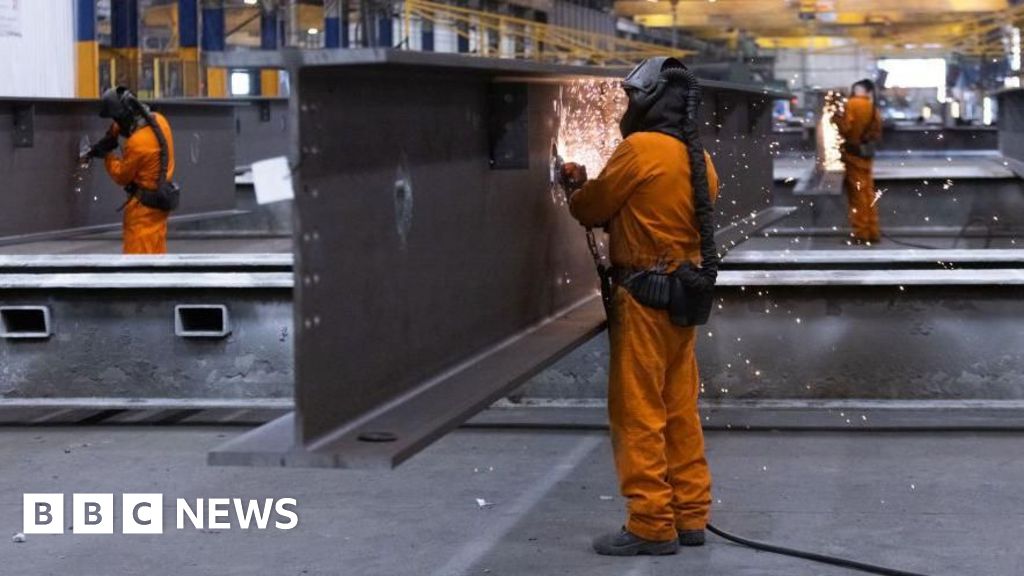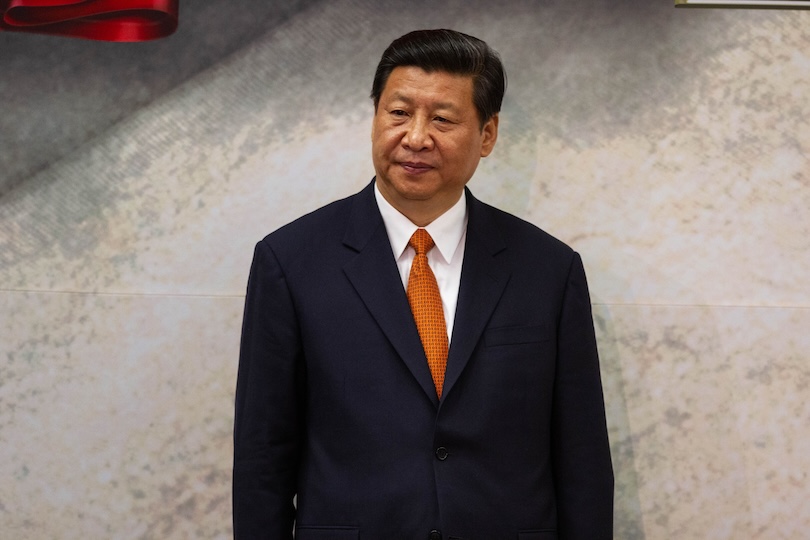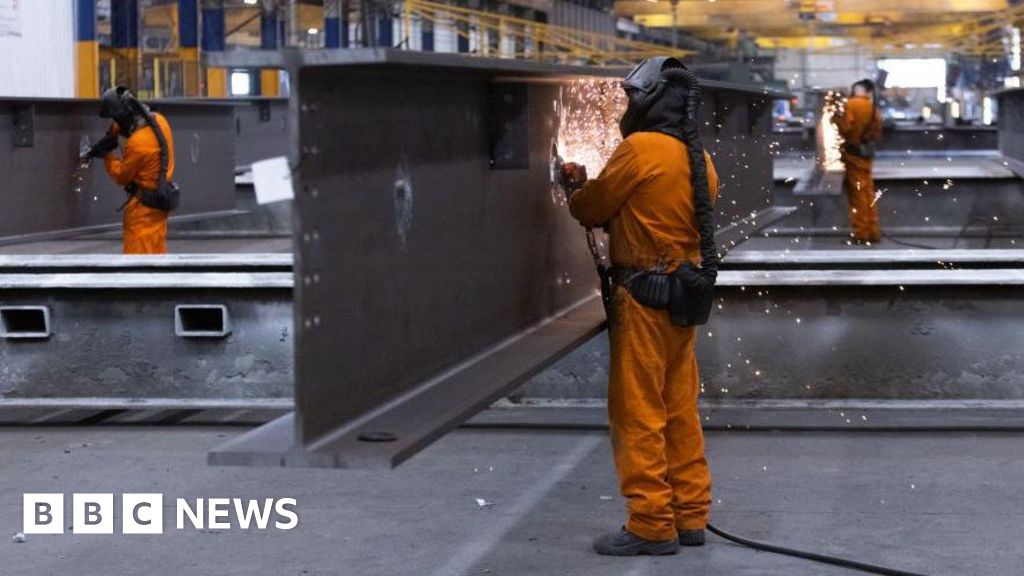A communications satellite designed and built by embattled aerospace giant Boeing has broken up in orbit.
The satellite's operator, Intelsat, has confirmed the "total loss" of iS-33e, which has affected customers in Europe, Africa and parts of the Asia-Pacific region.
Intelsat also says it has taken steps to complete "a comprehensive analysis" of the incident.
Boeing has been facing crises on multiple fronts, with a strike at its commercial plane business and issues with its Starliner spacecraft.
"We are coordinating with the satellite manufacturer, Boeing, and government agencies to analyse data and observations," Intelsat said.
Boeing did not comment directly on the incident, referring BBC News to Intelsat's statements.
The US Department of Defense's space-tracking website, SpaceTrack, also confirmed the incident.
An alert on the platform said the US Space Forces also said it is "currently tracking around 20 associated pieces" of the satellite.
Separately, two astronauts have been stranded at the International Space Station (ISS) after the Boeing Starliner capsule they arrived on in June was deemed unfit to make the return flight.
They are due to travel back to Earth on a spacecraft made by Elon Musk's SpaceX next year.
Since last month, Boeing has also been dealing with a strike involving more than 30,000 workers at its commercial plane making operation.
Union members are set to vote on the company's latest offer on Wednesday.
The new offer includes a 35% pay rise over the next four years.
Last week, Boeing announced it was seeking up to $35bn (£27bn) in new funding. It also said it would start laying off 17,000 employees - about 10% of its workforce - from November.
In July, Boeing agreed to plead guilty to a criminal fraud conspiracy charge and to pay at least $243.6m after breaching a 2021 deferred prosecution deal.
The agreement was in relation to two 737-MAX planes that were lost in nearly-identical accidents that cost 346 lives more than five years ago.

 Movie
Movie 3 months ago
76
3 months ago
76 






![Presidents Day Weekend Car Sales [2021 Edition] Presidents Day Weekend Car Sales [2021 Edition]](https://www.findthebestcarprice.com/wp-content/uploads/Presidents-Day-Weekend-car-sales.jpg)



 English (United States)
English (United States)